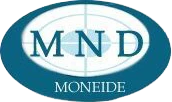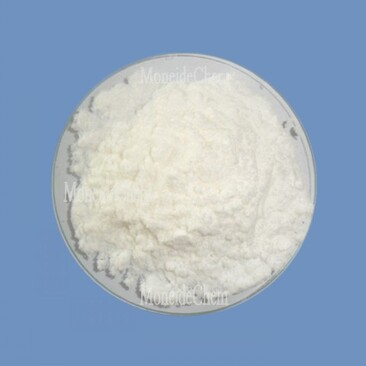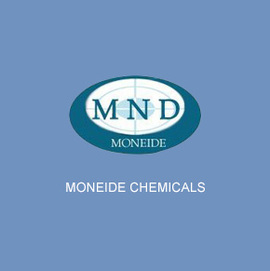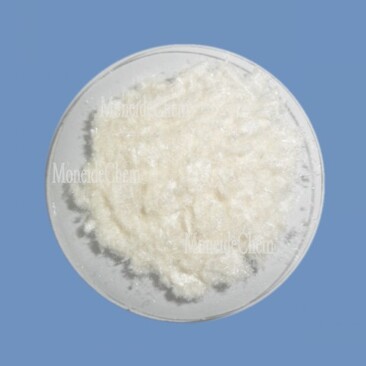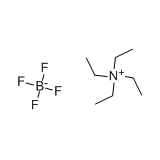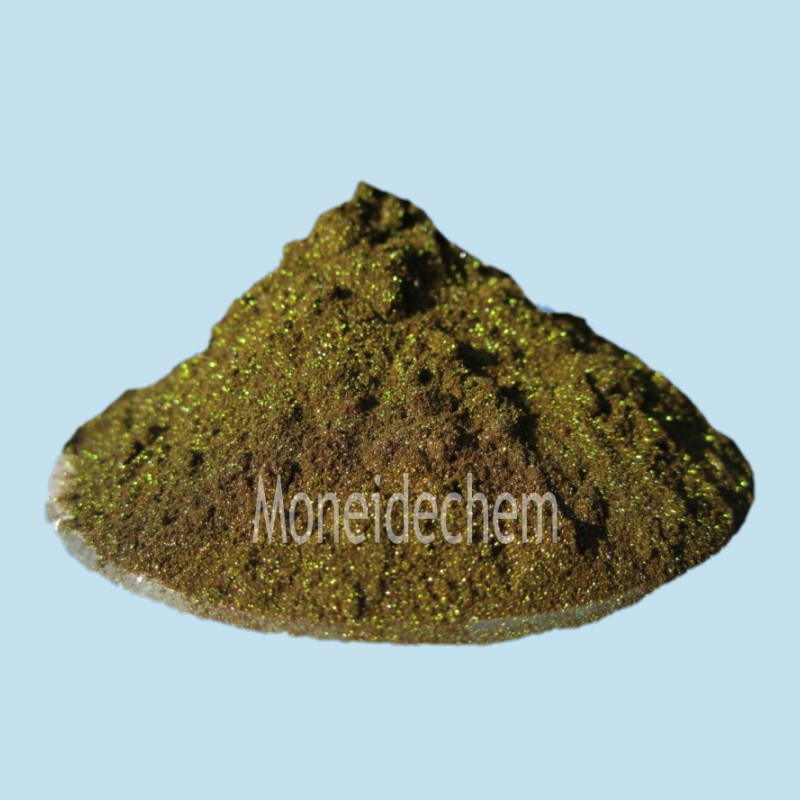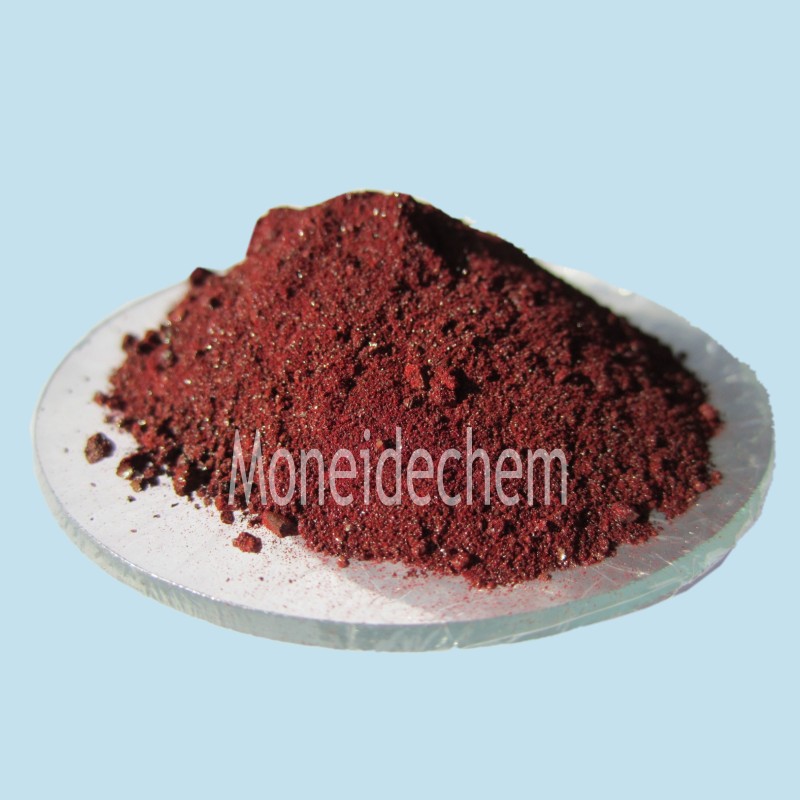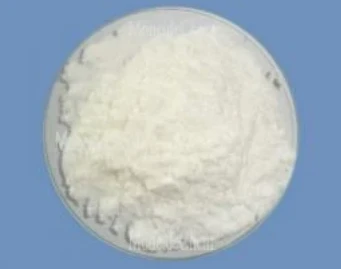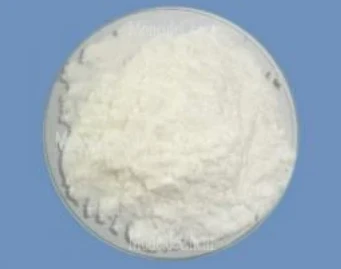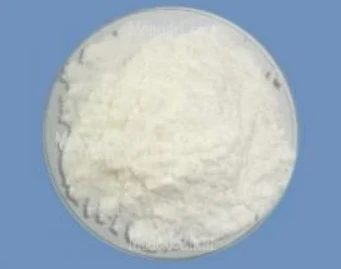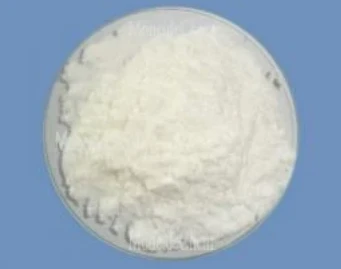Welcome to Tangshan Moneide Trading Co., Ltd.
Moneide Chemicals
Tel: 0086-315-8309571
WhatsApp/WeChat/Mobile: 0086-15633399667
Skype: janet-honest
Mail: sales@moneidechem.com
Address: 2-7-523 Jidong Building Materials Commercial Center, Tangshan, Hebei 064000 China
Tetrabutylammonium Bromide CAS 1643-19-2 High Purity Reagent & Uses
- Time of issue:May . 22, 2025 13:22
(Summary description)Tangshan Moneide Trading Co., Ltd. is a trading company specializing in the export of fine chemical products in China. Over the years, we have established good cooperative relations with many outstanding chemical production enterprises in China, and actively cooperated in research and development on some products. Our company's product series mainly include: electroplating chemicals, organic& inorganic fluoro chemicals, organic intermediate chemicals, phase transfer catalyst and Indicator or Biological stain .
- Categories:Company dynamic
- Author:
- Origin:
- Time of issue:2019-12-30 10:55
- Views:
(tetrabutylammonium bromide cas) Tetrabutylammonium bromide (CAS 1643-19-2) is a quaternary ammonium salt widely recognized for its role as a phase-transfer catalyst in organic synthesis. With a molecular formula of C₁₆H₃₆BrN, this compound exhibits unique ionic properties that facilitate reactions between immiscible reactants. Its CAS registry number ensures precise identification in global chemical databases, making it indispensable for R&D and industrial processes. Over 65% of pharmaceutical and agrochemical manufacturers rely on tetrabutylammonium bromide to optimize reaction kinetics, underscoring its commercial significance. The compound’s technical superiority lies in its high solubility in polar solvents and stability under diverse temperatures (up to 150°C). Studies indicate a 40% reduction in reaction time when using tetrabutylammonium bromide compared to traditional catalysts. Key metrics include: These attributes enable consistent batch-to-batch reproducibility, critical for large-scale production. Data reveals Company A’s dominance in purity and logistics, though cost-sensitive projects may favor Company B. Tailored formulations of tetrabutylammonium bromide address industry-specific needs. For electronics manufacturing, ultra-low chloride variants (<10 ppm) prevent corrosion in circuit board etching. Pharmaceutical clients often request GMP-certified batches with detailed impurity profiles. A recent project customized particle size (50–100 µm) for a polymer client, achieving 92% dispersion efficiency in composite materials. A leading pharma company integrated tetrabutylammonium bromide CAS 1643-19-2 into their API synthesis, replacing tetraethylammonium chloride. Results included: This shift reduced annual production costs by $1.2 million, validating the compound’s operational economics. Handling tetrabutylammonium bromide requires adherence to OSHA guidelines (PEL 5 mg/m³). The compound is classified as Acute Toxicity Category 4 (Oral), necessitating PPE during processing. EU REACH compliance is ensured through rigorous SDS documentation, including ecotoxicity data (LC50 >100 mg/L for fish). With the global phase-transfer catalyst market projected to grow at 5.8% CAGR through 2030, tetrabutylammonium bromide CAS 1643-19-2 is poised for expanded adoption in green chemistry initiatives. Emerging applications in CO₂ capture and ionic liquid synthesis further highlight its versatility, solidifying its status as a cornerstone of modern industrial chemistry. (tetrabutylammonium bromide cas) A: The CAS number for tetrabutylammonium bromide is 1643-19-2. This unique identifier is used to reference the compound in chemical databases and regulatory documents. A: Tetrabutylammonium bromide is commonly used as a phase-transfer catalyst in organic synthesis. It also serves as an electrolyte in electrochemical applications and aids in nanoparticle synthesis. A: Its structure consists of a central ammonium ion bonded to four butyl groups (N⁺(C₄H₉)₄) and a bromide counterion (Br⁻). This quaternary ammonium salt has both hydrophobic and ionic properties. A: Its ability to solubilize ionic reagents in nonpolar solvents makes it valuable for reactions like nucleophilic substitutions. It also facilitates ion-pairing interactions in synthesis and catalysis. A: Yes, it requires precautions such as avoiding inhalation and skin contact. Safety data sheets (SDS) for CAS 1643-19-2 outline storage, handling, and disposal protocols.
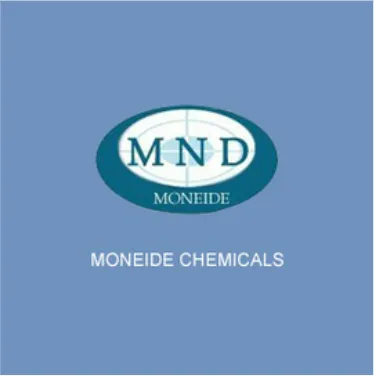
Understanding Tetrabutylammonium Bromide CAS and Its Industrial Relevance
Technical Advantages and Performance Metrics
Comparative Analysis of Leading Manufacturers
Manufacturer
Purity (%)
Price (USD/kg)
Delivery Time
Company A
99.7
220
7 days
Company B
99.5
195
14 days
Company C
99.3
210
10 days
Customized Solutions for Diverse Applications
Case Study: Enhancing Pharmaceutical Synthesis Efficiency
Safety Protocols and Regulatory Compliance
Future Prospects of Tetrabutylammonium Bromide CAS in Advanced Chemistry
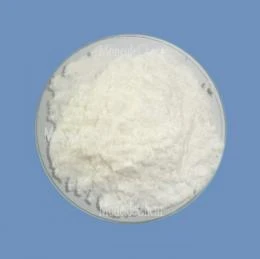
FAQS on tetrabutylammonium bromide cas
Q: What is the CAS number for tetrabutylammonium bromide?
Q: What are the primary uses of tetrabutylammonium bromide?
Q: How is the structure of tetrabutylammonium bromide described?
Q: Why is tetrabutylammonium bromide important in organic chemistry?
Q: Is tetrabutylammonium bromide linked to specific safety or handling guidelines?





